
Products
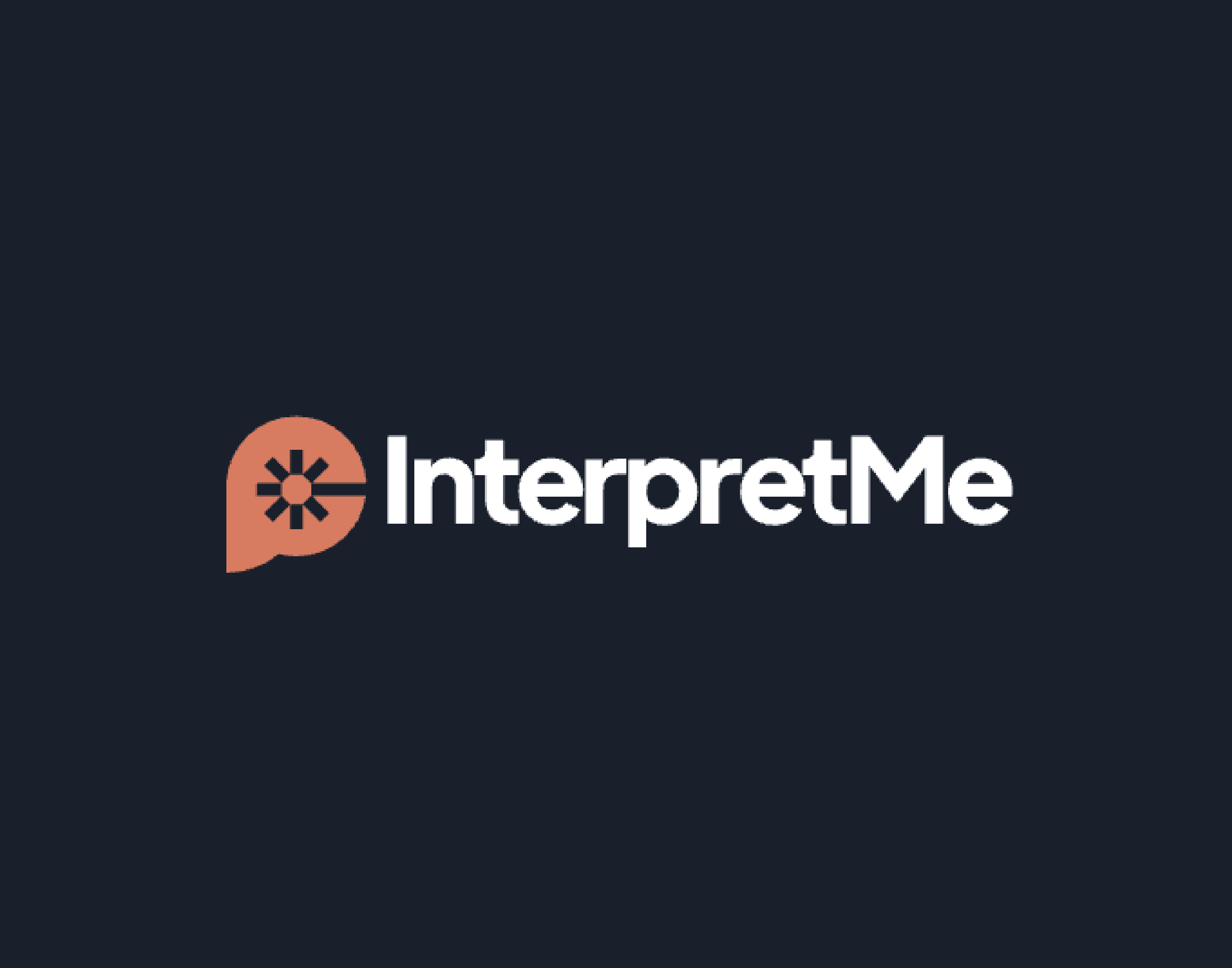
InterpretMe
InterpretMe is an interactive web tool that enables social media users to learn and interpret social media content. InterpretMe helps train reporting professionals to recognize the influence of racial stereotyping, personal bias, and generate awareness on hyper local context in interpretation of social media posts by people.
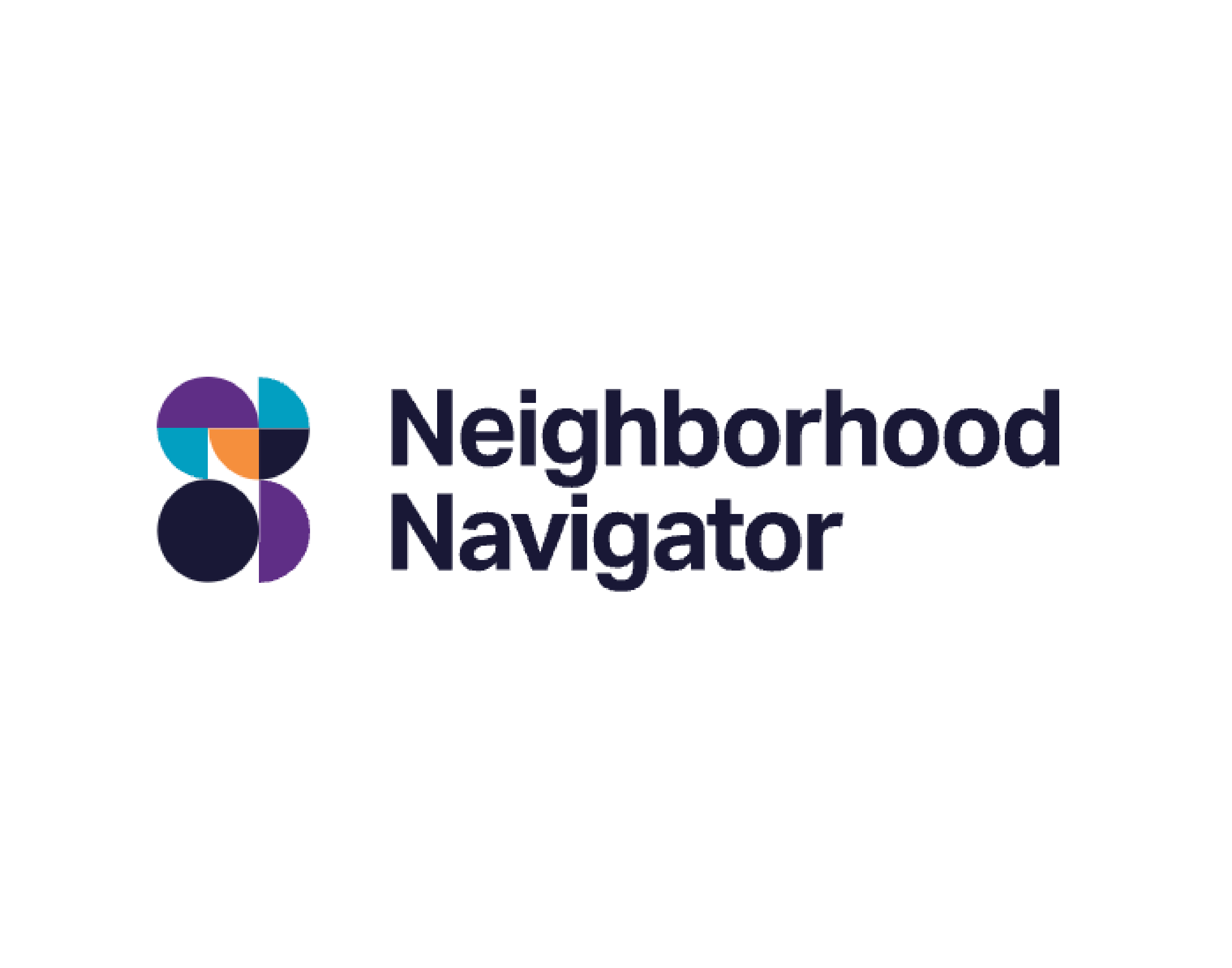
Neighborhood Navigator
The Neighborhood Navigator initiative sought to develop improved measures of safety and thriving in communities to inform policy and social interventions for criminal justice and community settings. It incorporated community-driven research and community engagement efforts, in collaboration with NYC's Office of Neighborhood Safety.
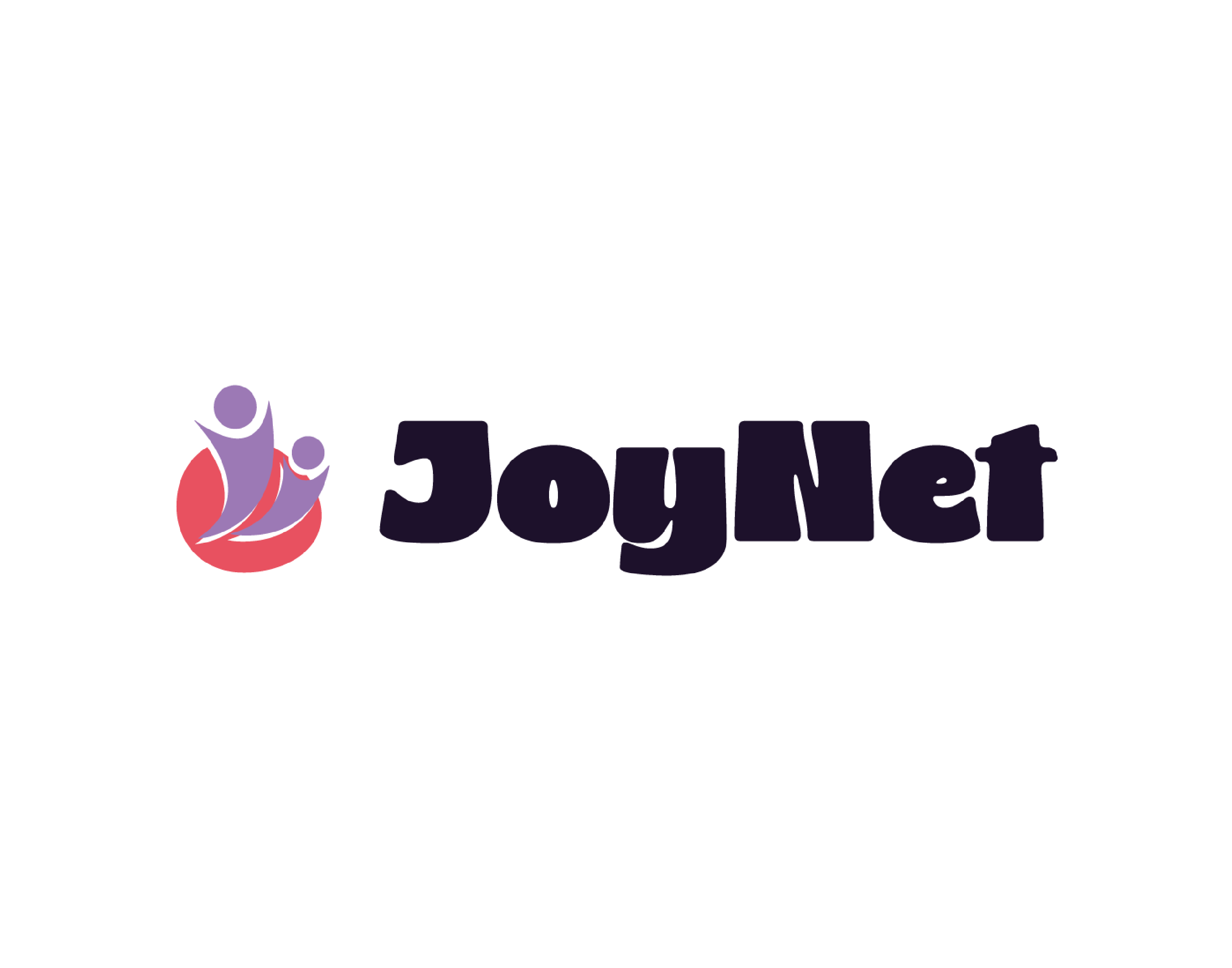
JoyNet: An AI-Driven Culturally Responsive Digital Community Mental Health Hub
JoyNet is an AI-driven app and co-creative project spearheaded by a transdisciplinary research team encompassing fields such as psychiatry, social work, psychology, design, computer science, and community organization. We employ design justice and co-creative methods throughout the entire co-design process, engaging a Youth Advisory Council (YAC) comprised of youth 18-24 from Philadelphia and New York City. In partnership with the YAC, we co-design, refine, develop, and evaluate the theoretical models and evidence base for the creation Joynet’s prototype. YAC members contributed significantly to the mock-up design, JoyNet logo, and provided social media examples of joyful concepts to train the algorithm behind Joynet. Our goal is to develop a community-centered product that offers just and equitable online spaces for historically marginalized communities facilitating healing, joy, and empowerment. JoyNet site is in progress.
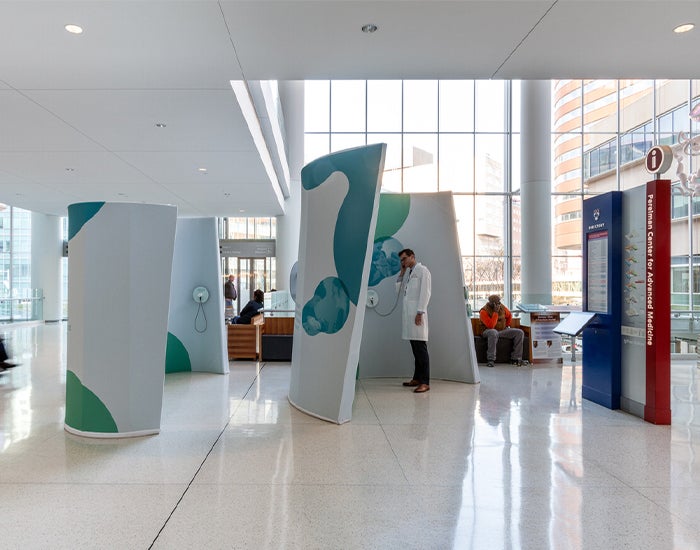
Penn Medicine Listening Lab – Urban Injury
SAFELab's collaboration with Slought & Penn Injury Science Center is published online as part of Penn Medicine's Listening Lab series.
This collaboration came out of discussions of how to bridge dialogue surrounding urban injury, gun violence, and Black grief. We hope that caregivers, victims of gun violence, and community members can listen to these stories to hear about recovering from violence, doing prevention work with empathy, and the healing power of storytelling.
When gun violence occurs in our communities, it wounds both victim and perpetrator. It wounds the caregivers trying to save a life. It wounds family, friends, and bystanders and isolates them in anger and fear. “Hurt people can heal,” says Khalif Mujahid Ali. “And healed people heal people.” But the healing is never simple, and the work is never done. It is built of hope, trust, and the deep commitment of those who reach out with their own stories. Working from their own grief, these storytellers create a dialogue with those caught up in anger, fear, and isolation. “You gotta build love and care with them,” Khalif says. “If we save one person, we save the generation in our community.” These stories help us consider what role we can play in confronting urban injury, and how structural racism leads to physical, emotional, social, and economic harm.
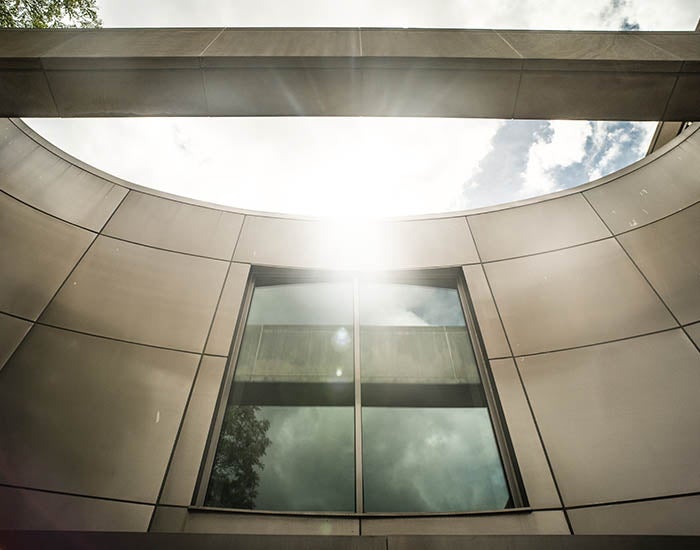
Digital Arrest / Virtual Reality Experience
The Virtual Reality section of SIM|ED aims to provide people coming home from prison opportunities to gain relevant tech skills and earn a living utilizing their expertise to infuse the tech industry with nuanced cultural perspectives and deeper context regarding social media use, privacy, and ‘freedom of speech.’ This project was orchestrated in partnership with Microsoft.
